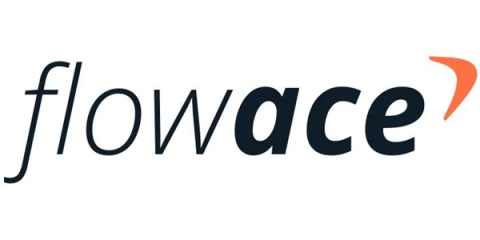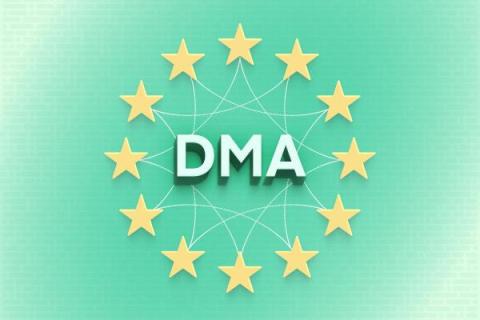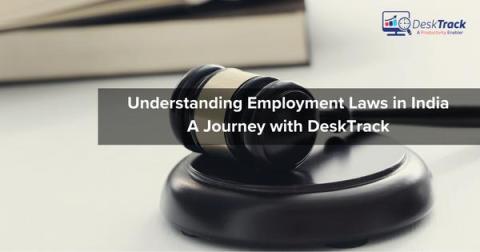Teams | Collaboration | Customer Service | Project Management
Legislation
Tech Empowerment for Legal Professionals: Harnessing B2B Tech Products for Productivity Gains
The EU Digital Markets Act is here.
Understanding Employment Laws in India, A Journey with DeskTrack
CLOUD Act: what is it, and how does it affect cybersecurity?
The conflict between privacy rights and state access to information has become a focal point of legal and ethical arguments in an era when data is important. The Clarifying Lawful Overseas Use of Data, or CLOUD Act, a law with far-reaching repercussions for persons and organizations, is a crucial factor in this ongoing debate. This law changes the game for how data is handled across borders, impacting our privacy and cybersecurity.
OZG, Onlinezugangsgesetz, or Online Access Act: Germany's path to digital transformation
OZG (Onlinezugangsgesetz) is the latest example of a European-based law that aims to improve the quality of public services for citizens. The German Online Access Act is yet to be fully implemented, but the implications are far-reaching. European countries often set the trends and standards with their legislation: will there be a spillover effect, and will other countries follow the German lead? This remains to be seen in the following years.
End-to-end encryption; the will of the British people
Today marks the first day of the Report Stage of the Online Safety Bill. As this Bill progresses through the Houses of Parliament, we hope to (once again) raise the alarm around the risks to encryption posed by this Bill. As ever, our concern is around chapter 5 of the Bill, particularly clause 111 (formerly clause 110, before changes in the House of Lords). This is a key section as it defines the approach to notices to deal with terrorism and CSEA content.
Navigating the Legal Landscape of Employee Monitoring: A Comprehensive Guide
Navigate the complex landscape of employee monitoring legality with our comprehensive guide. Understand privacy concerns, explore tools for managing remote employees, and discover responsible monitoring practices.
The UK's Online Safety Bill undermines everyone's safety
As a UK-headquartered company, we’re perhaps the most concerned of all the companies signing the open letter that urges the UK government to radically rethink the Online Safety Bill. As currently drafted the Bill forces messaging services to break their end-to-end encryption by implementing third party scanning of decrypted content, completely undermining the security that end-to-end encryption offers.
The Online Safety Bill: An attack on encryption
We all want to be able to address abuse on the internet. In the UK, the government is trying to achieve this through the Online Safety Bill (OSB). Developing such a bill is difficult as technology evolves far faster than legislation. But even allowing for that challenge, and that the OSB has some genuinely good intentions, the proposed legislation is still remarkably poor.











